Antkeeping 101: Starting Your Own Ant Colony
Introduction to Antkeeping
Antkeeping is an increasingly popular hobby that allows enthusiasts to observe the fascinating behaviors of ants within their own home. Starting your own ant colony can be an educational and rewarding experience if done properly. Whether you're an insect enthusiast, a teacher looking for a classroom project, or simply curious about the natural world, creating a thriving ant colony takes careful planning and consideration.
Choosing Your Ant Species
The first step in antkeeping is selecting a suitable species to rear. Different species have different care requirements, so it's important to choose one that matches your level of experience and commitment. Some common species for beginners include Lasius niger (black garden ant), Camponotus spp. (carpenter ants), and Messor barbarus (harvester ants). Research the needs and behaviors of the species you’re interested in before making your decision.
Acquiring Your Ants
Ants can be obtained in a few different ways. You can collect a queen ant during their nuptial flight season, which usually occurs after a heavy rain in the spring or summer. For many people, buying a queen or a starter colony from a reputable ant shop or breeder is more practical. Ensure that you comply with local laws and regulations when acquiring ants, as some species are considered invasive and cannot be transported across state or national borders.
Setting Up Your Ant Farm
The habitat you create for your ants is called a formicarium, commonly known as an ant farm. It should include a nesting area (formicarium) and a foraging area (outworld). The formicarium should imitate the natural conditions of the soil, providing chambers and tunnels for the ants to live in. This can be as simple as a container with a layer of dirt or sand, or as complex as a professionally-made acrylic or glass nest. The outworld is a separate area where the ants can search for food and water, helping to keep the nest clean from waste.
Providing the Proper Care
Ants require specific living conditions, including the right temperature and humidity levels. Moisture is crucial, and many formicaria include built-in hydration systems. Feeding your ants a varied diet that mimics their natural food sources is also essential for their health. This may include sugars, proteins, and fats, which can be found in a combination of fruits, insects, and specially formulated ant food.
Maintaining Your Colony
Regular maintenance is key to a successful ant colony. This includes cleaning the outworld to prevent mold and bacteria, providing fresh food and water, and monitoring the nest's moisture levels. Keeping a close eye on your ants can help you spot any problems early, such as signs of disease, mites, or stress behaviors.
Observation and Education
One of the most rewarding aspects of antkeeping is the opportunity to observe intricate social behaviors and learn about the complex societies ants build. As you watch your colony grow and develop, you'll gain insights into their communication methods, division of labor, and problem-solving abilities, making antkeeping a constantly engaging pursuit.
Handling Challenges
Despite best efforts, challenges such as escapes, infestations, or illness can occur. It’s important to learn how to properly deal with these issues while minimizing harm to your ants. Preventing escapes may involve applying barriers to the edges of the outworld, and dealing with infestations might require natural remedies or professional advice.
Connecting with the Antkeeping Community
Joining online forums and local antkeeping communities can provide support, advice, and camaraderie. Experienced antkeepers often share insights and can assist you in navigating the complexities of your new hobby. Furthermore, educational resources, YouTube channels, and social media groups dedicated to antkeeping are invaluable for both beginners and seasoned myrmecologists.
Conclusion
Starting your own ant colony is an adventure that opens up a tiny yet complex world for exploration. With the proper setup, care, and maintenance, you can cultivate an environment where these fascinating insects can thrive under your watchful eye. Through observation, you’ll not only contribute to the health and wellbeing of your ant community but also enhance your understanding and appreciation of one of the planet's most successful creatures.
YOutube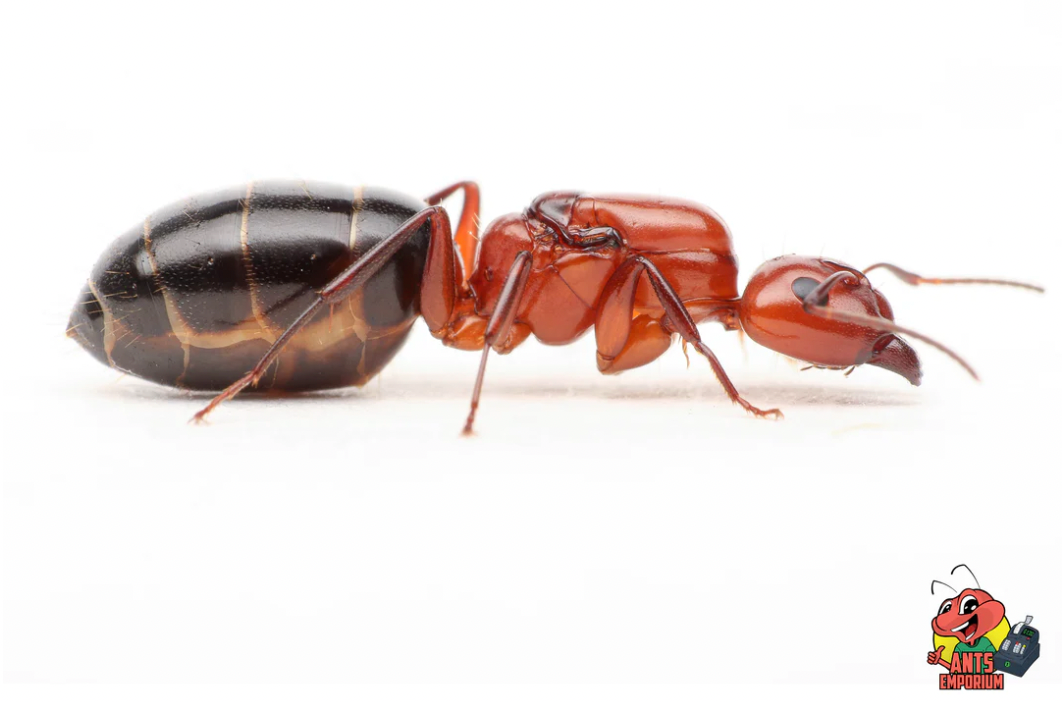

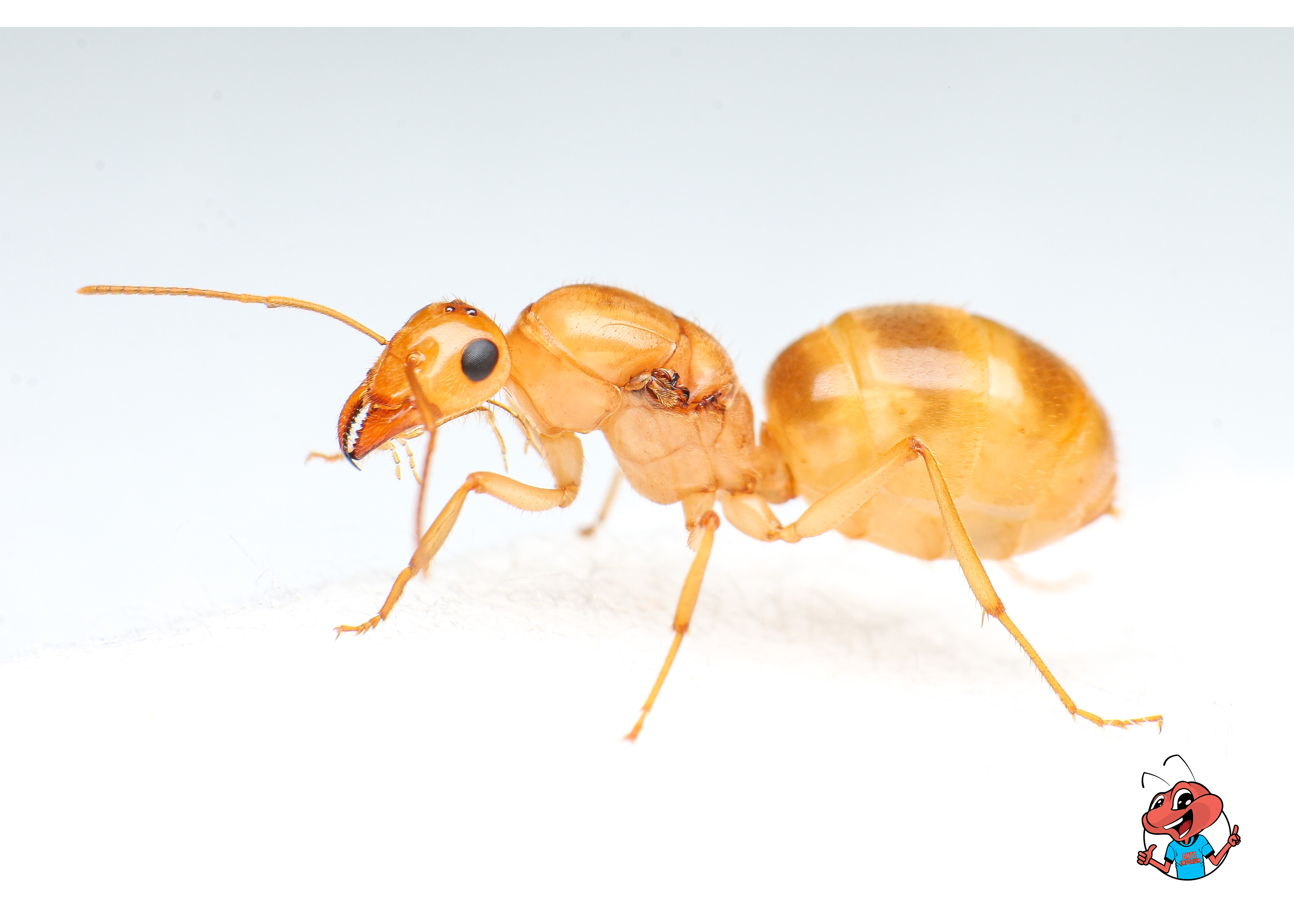
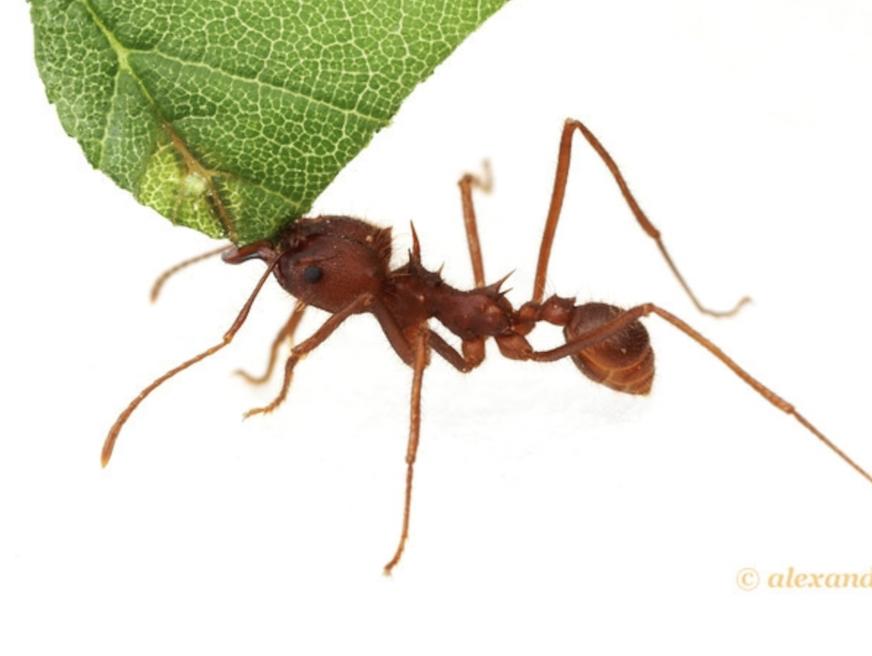
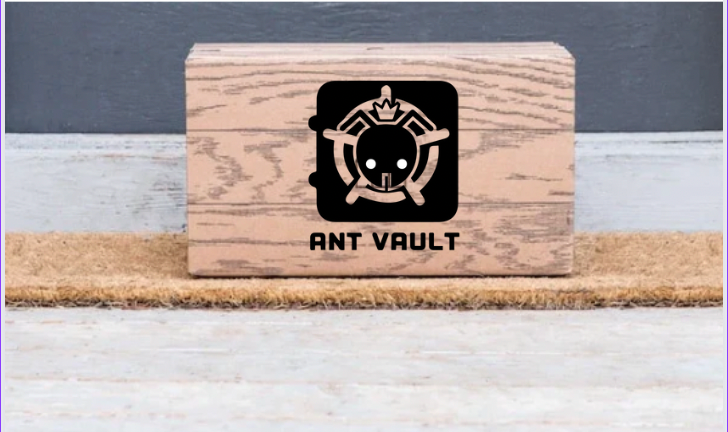


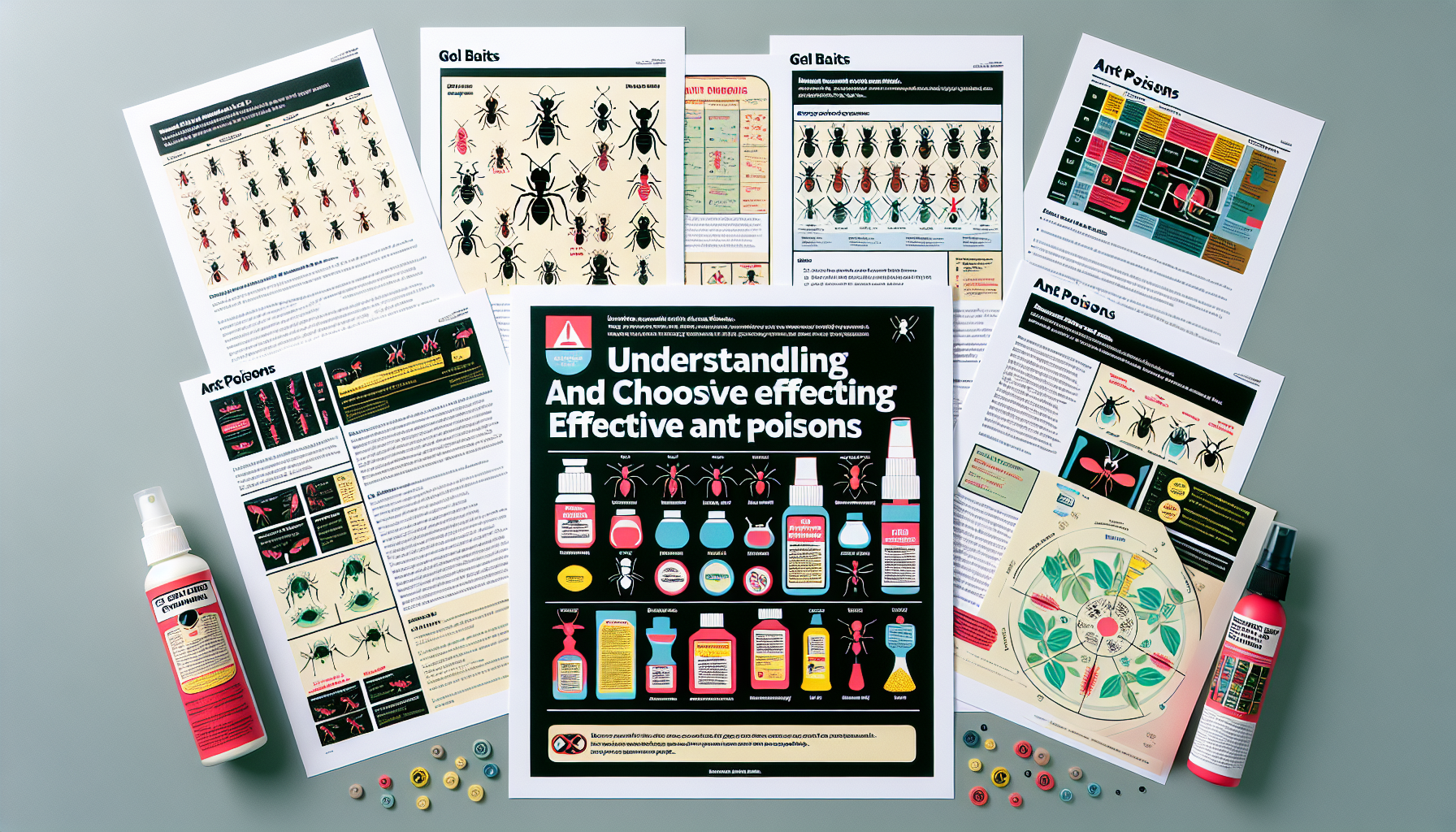
Leave a comment